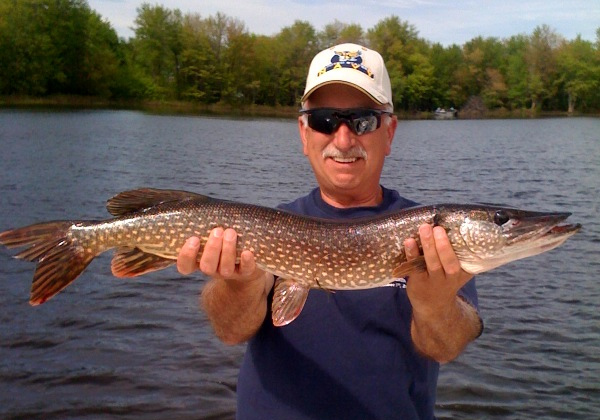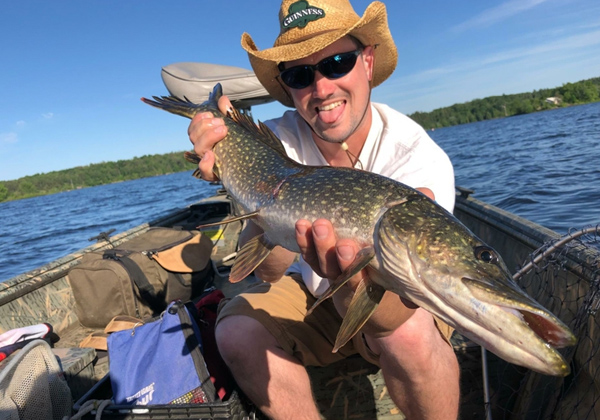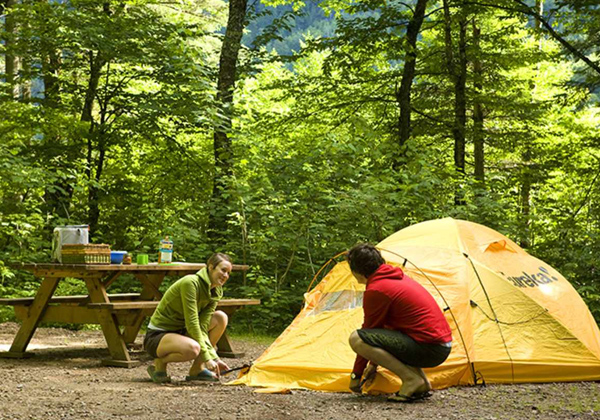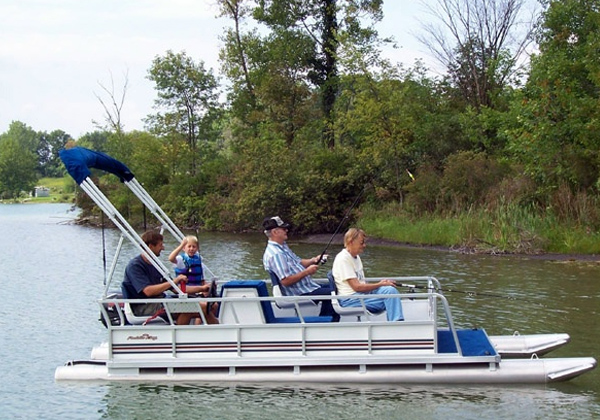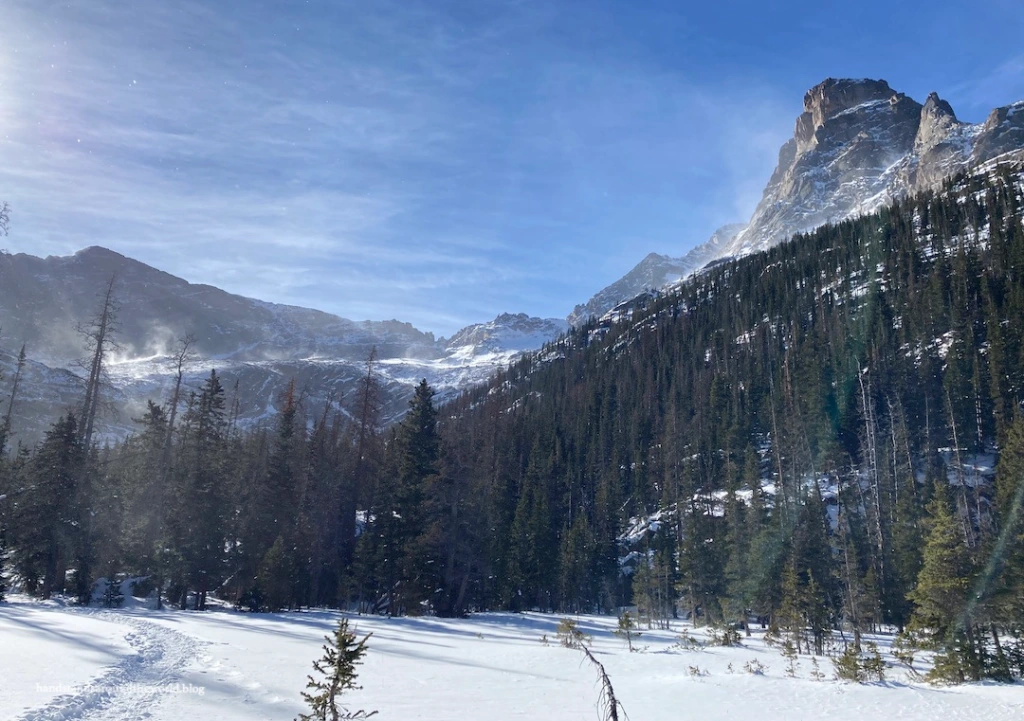Black Lake is a natural, glacier lake formed by the same glacier that carved out the Great Lakes. The glacier melted from 11,000 to 15,000 years ago, toward the end of the most recent ice age.
The resulting water created the lake. Black Lake encompasses an area of almost 11,000 acres, stretching over 20 miles and is hardly what anyone would call pressured. It is located amidst the huge pre-glacial rocks of St. Lawrence County. About 4 miles across at its widest point, the lake is filled with many sandbars, underwater shoals, and rugged rocky islands similar to those found only in the northern-most reaches of Canada. It is a beautiful place indeed. A visitor can sit and view a picturesque waterway from lofty shores if for no other reason than to relax and get away from it all. Natural splendor is only one of the many wonders offered here. Primarily the Indian River and Fish Creek feed the lake. Over 20 miles to the north, and after flowing through a river-like outlet, Black Lake empties into the Oswegatchie River where it flows over the Eel Weir Dam and ultimately joins the St. Lawrence River at Ogdensburg.
